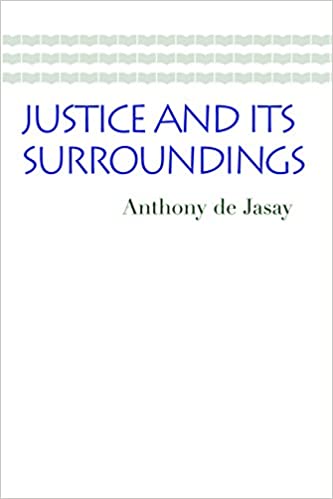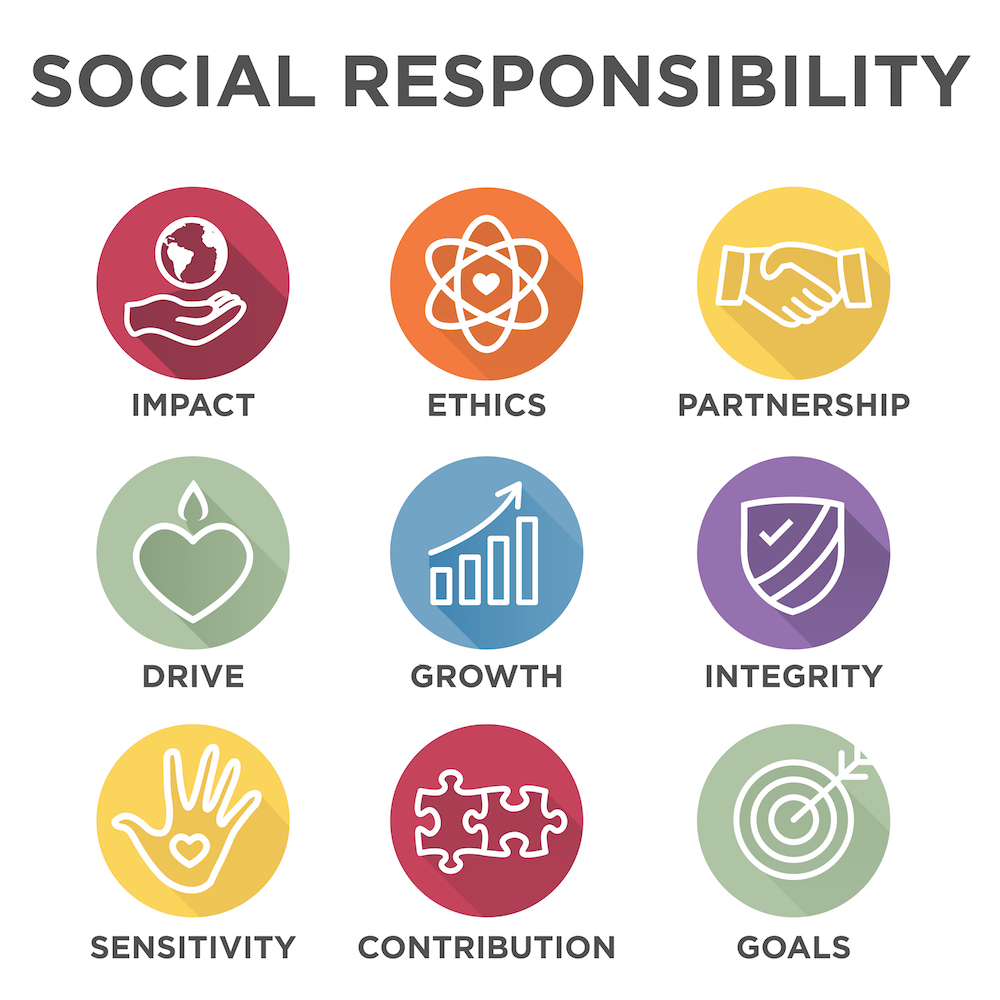We hear much about justice these days, but the concept is seldom defined by those crying for it. As theoretician Anthony de Jasay tells us in his great book Justice and Its Surroundings, “It is one of the most pervasive fallacies of contemporary political theory, that, one way or another, normatively if not positively, every unfulfilled need, every blow of ill luck, every disparity of endowments, every case of conspicuous success or failure, and every curtailment of liberties, is a question of justice.”

If that were to be the case, every social interaction would be a question of justice, with justice erasing every other virtue. It would make justice unintelligible and its attainment a matter of mere subjective desire or appetite or of the power available to impose a given answer.
To correct, for example, a perceived wrong in the far gone past is not a matter of justice. Some people think that society today must correct every wrong committed during slavery and the descendants of slaves today are owed what in justice they deserve. The thought, as lofty as its proponents might think it to be, has nothing to do with justice. States of affairs are not strictly unjust, they just are. Actions, specific actions, might be unjust. Let me explain. A state of affairs might deviate from an ideal and we might find that historically there was a fault in the alignment of just action and a said state of affairs. We can, in that context, speak of an injustice.
However, in the here and now, we can only tie justice to personal responsibility and to a set of rules which are in themselves just or unjust by being equal or unequal in the areas pertinent to equal treatment. A “system” is not at fault the same way as persons are at fault in their individual acts. A “system” might be at fault not if it fails to accomplish the impossible, that is, erasing the errors of the long-gone past, but if it still possesses formal rules that perpetuate the injustice.

If formal rules deprived of equal treatment in areas relevant to the exercise of rights are no longer in place, we have accomplished justice. The fact that various actors get to that line at variant social states is insignificant to justice.
Attempts at finding justice where the human capacity to enact the said justice absent personal responsibility for a given act are often exercises in hubris or in ideology. It is a case of hubris because we do not possess the insight into reality to be able to piece together existence and determine without failure what could have happened in history absent an event as it was. Nor can we trace responsibility for evil actions throughout the centuries as to locate today a culprit.
If your ideology is one where a collective class of people is the determinant of history, instead of the individual, every member of a class is a specimen of that class and innocent or guilty, deserving redress or deserving punishment. An indictment is categorical, and the solution is dependent on the power to impose a solution. But that is not justice properly understood whereas every individual person, as a moral agent of choice, acts and his acts bring about a molding of character and accountability for choices taken.
In short, justice is not about relieving feelings of unease about a past for which one bears no responsibility even if, as claimed by some, one’s present state is better as a consequence.


